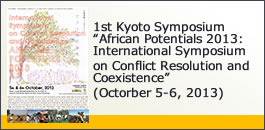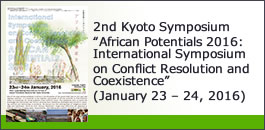Date: June 15-16, 2013
Venue: Inamori Foundation Memorial Bldg. (Inamori Center), Middle-sized Meeting Room (Room No. 332), Kyoto University
Abstract
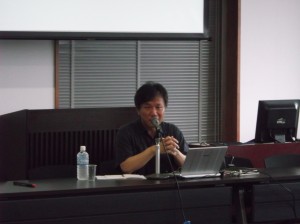
Local knowledge, also known as indigenous knowledge systems or ZAIRAICHI (在来知) in Japanese serve as source of livelihood and tool of survival for the rural communities in many parts of the word. They also serve local communities as medium of interaction (and of integration) with their social and natural environments. Local knowledge systems develop in areas with open ‘boundaries’, which allow their continuous creativity, innovation and evolution. These boundaries, however, are becoming more and permeable in the context of current global interconnectedness. These interconnections, interactions and resultant alterations of local knowledge systems are coming with both challenges and opportunities. Traditional community structures (e.g., kinship/linages) and associated knowledge systems are being weakened/challenged by newly introduced or reformed elements (e.g., religion, education, urbanization, political and other forms of identity formations). Yet, these new elements are also giving rise to new formations or layers of identification by linking people across the ‘traditional’ boundaries, which in turn may create broader opportunities for the members. It is in the context of these emerging challenges and opportunities that we intend to organize a symposium to discuss dynamism of local knowledge (ZAIRAICHI) in contemporary Africa. We plan to focus on aspect of local knowledge that connect people to people (social relations, association, mutual help and cooperation), which serve as fabrics of social integration and survival (livelihoods).
For the purpose of this symposium, we conceive knowledge as constituting both what people know, think and believe, and what they do (practices and institutions). Thus, we would like to explore ideas, norms, practices and institutions in motion (and continuities as well) in settings that are becoming increasingly plural. We examine contending issues, and patterns of contentions between the ‘old’ and the ‘new’ knowledge systems. We would also like to examine emerging patterns of local knowledge formations when adopting new elements or adapting to new situations. In this context, possible research themes may include, but not limited to the following areas: Changes and continuities in the areas of mutual help, cooperation, reciprocity and the state of social integration in a given community on/during: (1) marriage, wedding and child birth; (2) emotional and material assistances upon death/funeral; (3) illness, loss of property; destitution; (4) cooperative labor work on agriculture, construction of houses or other structures
Program
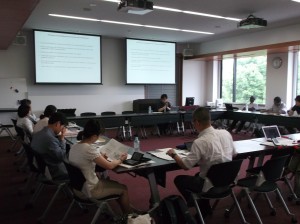
June 15, 2013
09:30
Welcome and announcements
Opening Remarks (Shigeta Masayoshi)
09:45-12:50 Session I
When Diviner Meets Globalization: Local Knowledge and Its Creolization in the Wave of Capitalism
Yong-kyu Chang (Hankuk University of Foreign Studies)
Arsii Custom and Islam in Contest: Understanding the Discourse between Local and Extra-local Knowledge Systems over Traditional Systems of Mutual Assistance
Mamo Hebo Wabe (Addis Ababa University)
Interactions between Variation in Pottery Making and Mutual Assistance in Southwestern Ethiopia
Kaneko Morie (Kyoto University)
12:50-14:00 Lunch Break
14:00-15:00 Session II
Poster Presentations
Cooperative Fishing Activity by Women’s Groups in Zanzibar, Tanzania
Mariko Fujimoto (JSPS Research Fellow PD / Kyoto University)
Sport as a Tool of Survival: An Examination of the Practice of Competitive Cyclists’ Group in Kenya
Takuya Hagiwara (Kyoto University)
An Area Study of Indigenous Ox-Plow in Africa: A Focus on Working Efficiency of Tilling Practices among the Oromo of the Central Ethiopian Highlands
Toshikazu Tanaka (Kyoto University)
Conflict between Wage Labor and "Communal" Farming in Cash Cropping Practices by the Baka Pygmies of Southeastern Cameroon
Ohishi Takanori (Kyoto University)
15:00-15:30 Tea Break
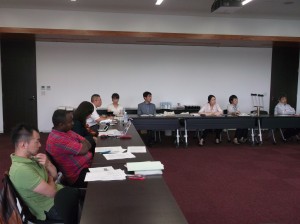
15:30-17:30 Session III
Dynamics of Indigenous Organisations: The Case of the Sengu Gathering of the Matengo People of Mbinga District, Tanzania
David Mhando (Sokoine University of Agriculture)
Sorghum Harvest, Rituals and Cooperation among the Hamer in Southwest Ethiopia
Samuel Tefera (Kyoto University)
Between Epidemiology and Local Knowledge: Exploring the Role of Health Workers in Supporting Households Affected with HIV in Southern Ethiopia
Nishi Makoto (Kyoto University)
June 16, 2013
Session IV 10:30-12:00
General Discussions

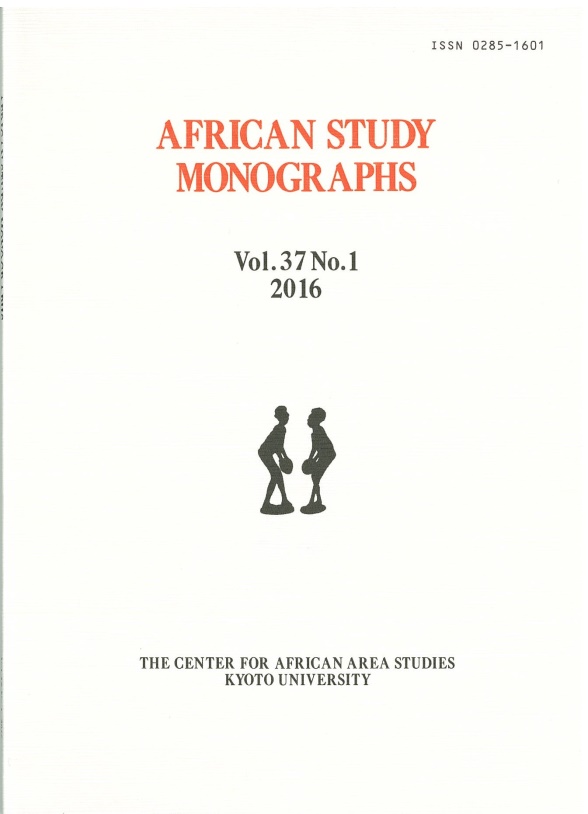
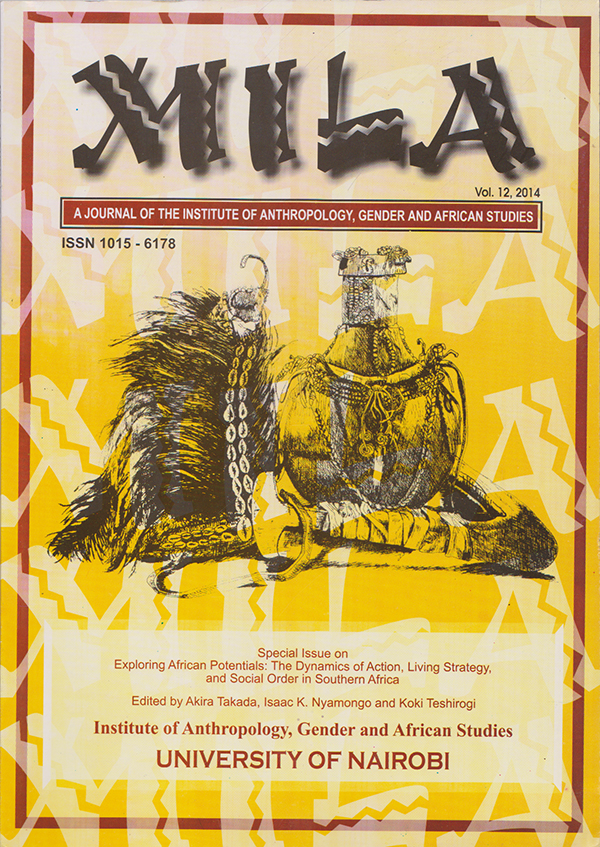 Exploring African Potentials, Mila Special Issue
Exploring African Potentials, Mila Special Issue